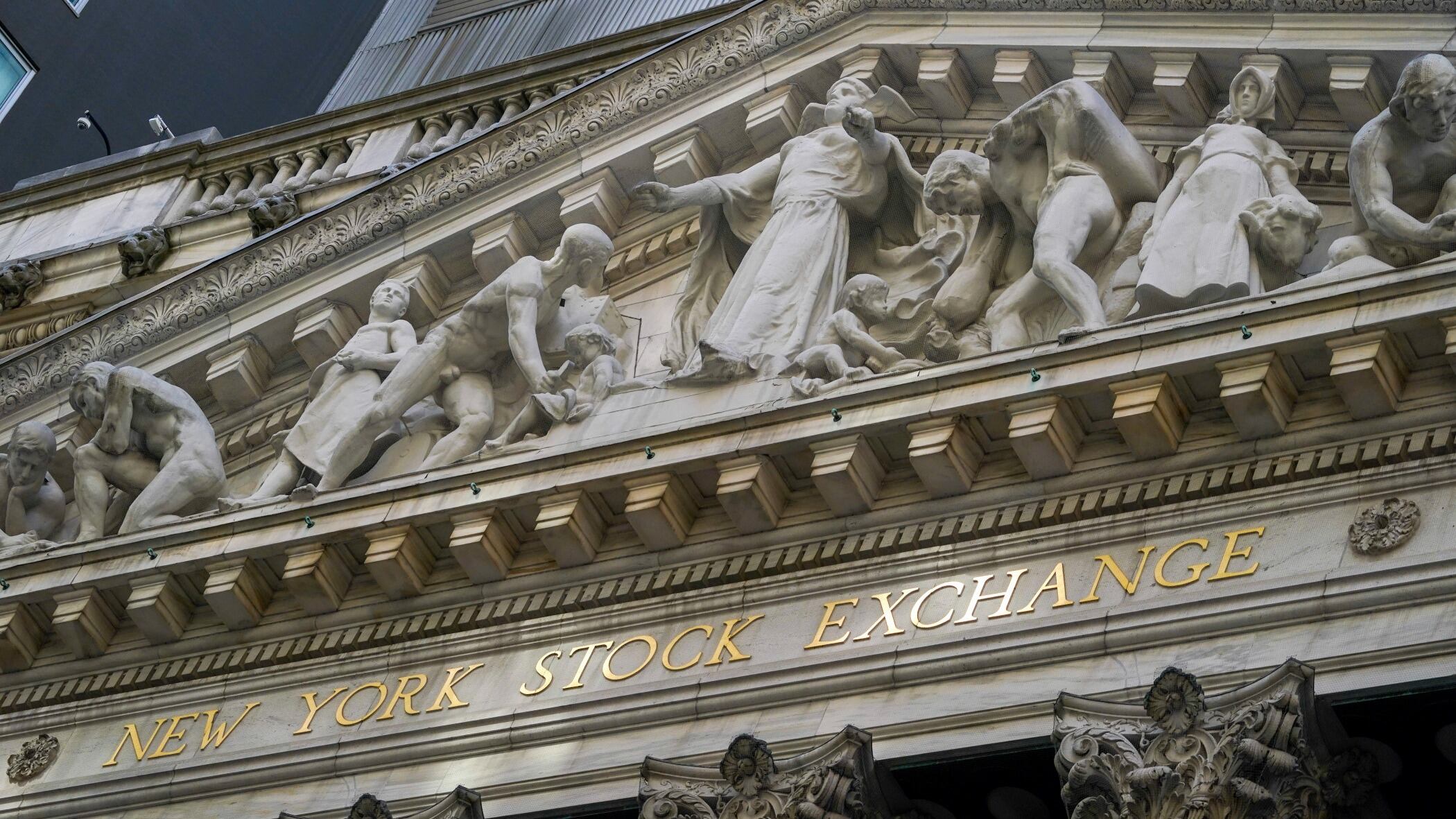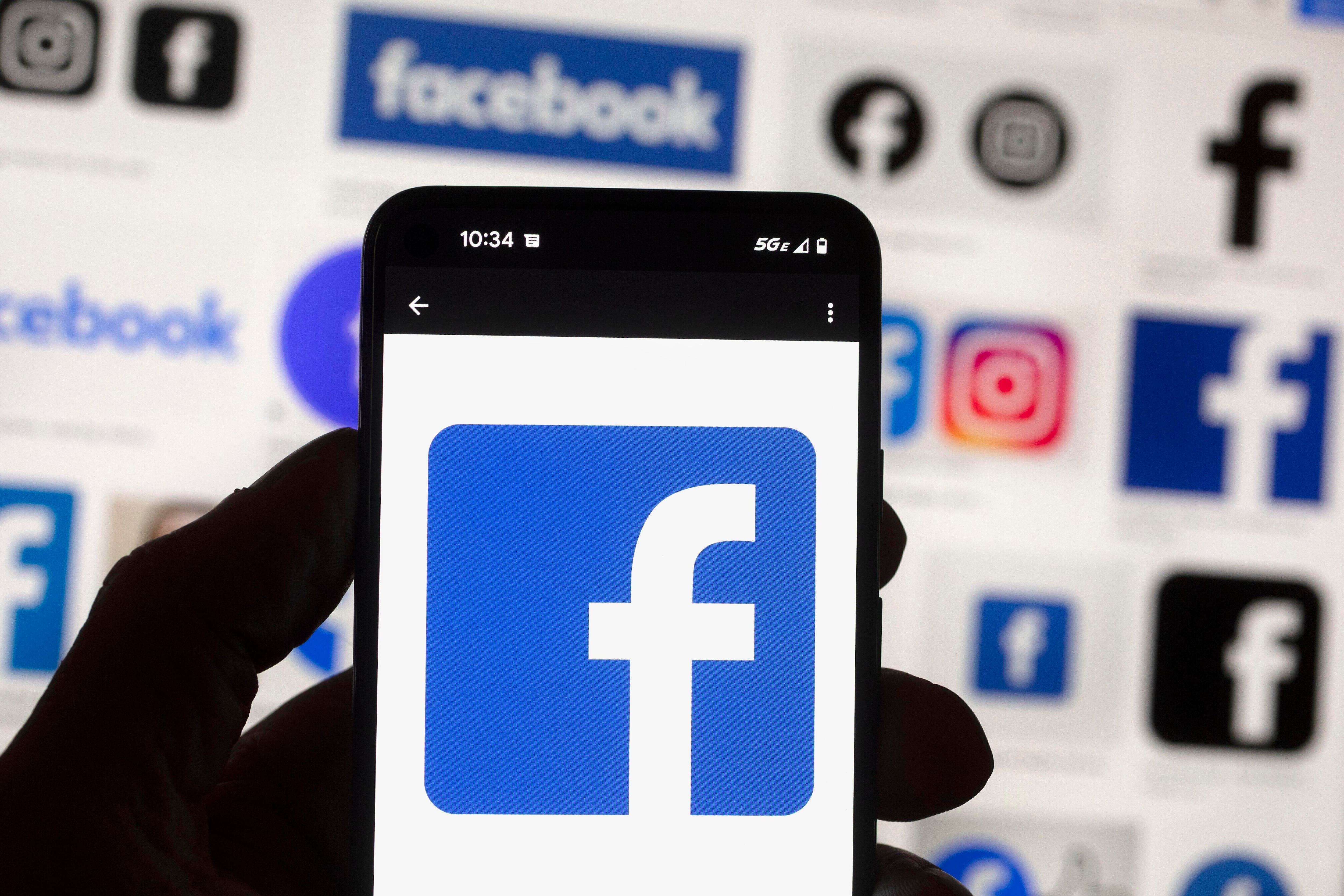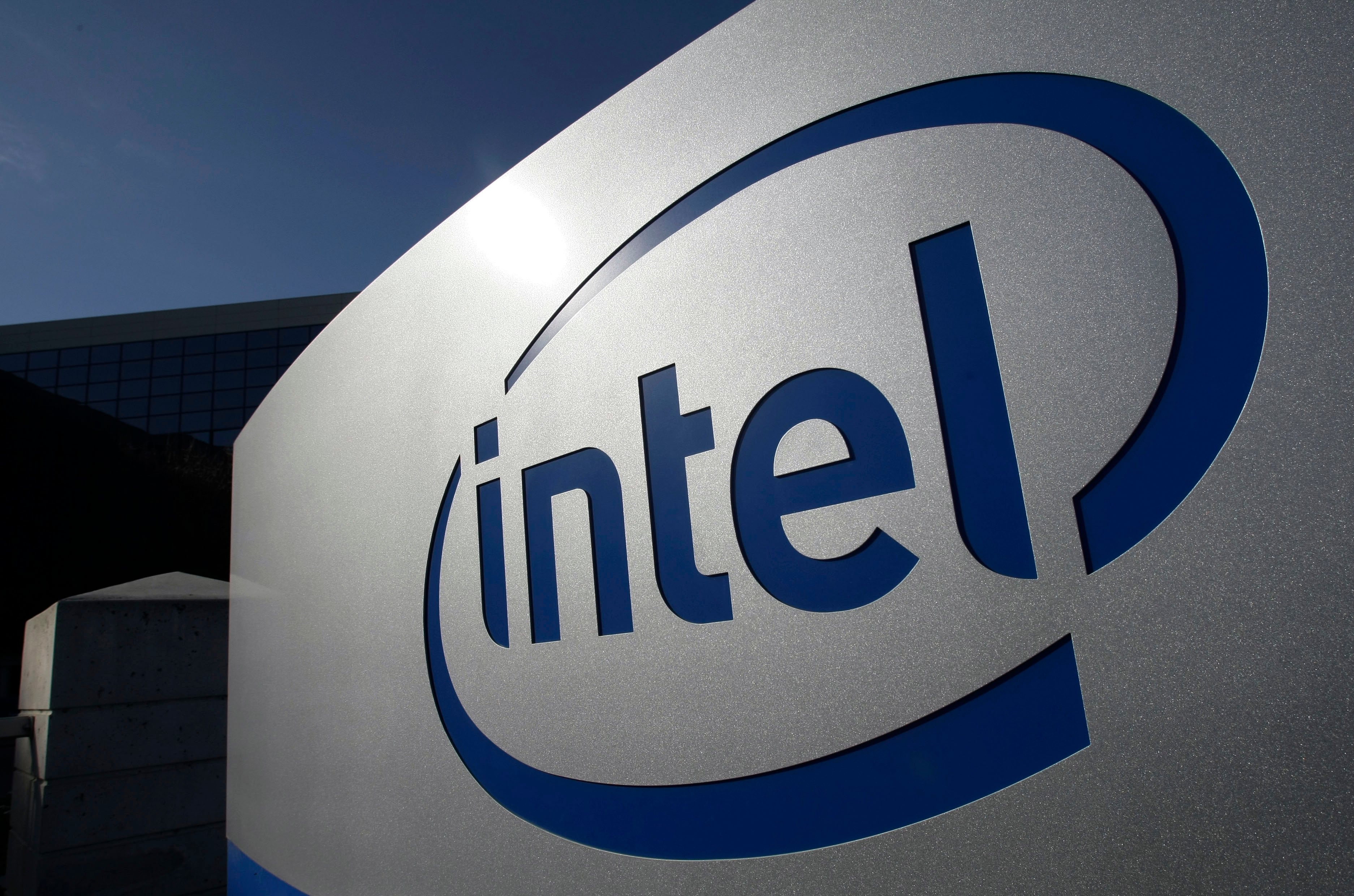By Stan Choe
Wall Street tumbled Thursday, and stocks fell by the most in four weeks following more evidence that high inflation is staying stickier than expected.
The S&P 500 dropped 1.4% after a report said inflation at the wholesale level slowed by less last month than economists forecast. It echoed a report on prices at the consumer level from earlier this week that suggested inflation isn't cooling as quickly and as smoothly as hoped.
The Dow Jones Industrial Average lost 431 points, or 1.3%, while the Nasdaq composite dropped 1.8%.
Stocks have been churning recently as worries about sticky inflation joust against data suggesting the economy remains more resilient than feared. The worry is that persistently high inflation will push the Federal Reserve to get even more aggressive on interest rates. Higher rates can drive down inflation but also drag on investment prices and raise the risk of a serious recession.
Such fears have been most clear in the bond market, where yields have leaped this month as traders raise their forecasts for how high the Fed will take interest rates.
The yield on the two-year Treasury, which tends to track expectations for Fed action, rose to 4.67% from less than 4.60% before the inflation report’s release and from less than 4.10% earlier this month. It’s near its highest level since November, when the yield reached levels last seen in 2007.
Thursday’s inflation report showed that prices at the wholesale level were 6% higher last month than a year earlier. While that was a slowdown from December’s rate, it was worse than what economists expected. Perhaps more concerning was that inflation accelerated in January on a month-to-month basis even after stripping out prices for food, energy and other layers.
The inflation report thudded onto Wall Street along with a batch of other data painting a mixed picture of the economy.
Fewer workers applied for jobless benefits last week than expected, a sign that layoffs remain low across the economy. That’s good news for workers and another signal of strength for the job market, but the Fed worries it could also add upward pressure on inflation.
Other reports showed a measure of manufacturing activity in the mid-Atlantic region plunged this month, while homebuilders broke ground on fewer homes last month than economists expected.
Altogether, the reports cast some doubt on Wall Street's hopes that the Federal Reserve could manage to slow the economy just enough to stamp out inflation but not so much that it creates a severe recession. Hopes for a “soft landing” for the economy nevertheless remain firmly in the market, with the S&P 500 still up 6.5% since the turn of the year.
“I would go further and say ‘no landing,’” said Nate Thooft, senior portfolio manager at Manulife Investment Management. “It's almost as if there's no softness perceived, or it’s so minimal that it’s not really viewed as recessionary at all.”
Those hopes have helped the stock market remain relatively resilient even as the bond market moves sharply on expectations for a firmer Fed.
Thooft said there's a chance both markets could ultimately be proven correct, that the Fed could keep rates higher for longer while the economy avoids a recession, but he's skeptical. He thinks what's more likely is a shallow recession or slowdown in growth, but one that lasts longer than markets may be prepared for.
Recently, he was thinking weakness in the economy could last just a few months. But his expectations for a “higher-for-longer” Fed have him now thinking it could last up to a year.
Strong recent reports on inflation and the job market have forced Wall Street to align its forecasts for rates closer to the Fed's. Earlier this year, there was a wide disconnect between them. Investors were broadly betting the Fed wouldn’t go as high as it was saying, while also holding out significant hopes for a cut to rates in the latter part of the year.
The fear now is that if inflation proves sticker than expected that the Fed may go beyond what it’s been prepping the market for.
Loretta Mester, president of the Federal Reserve Bank of Cleveland, said in a speech Thursday that she saw “a compelling economic case” at the Fed's meeting earlier this month to raise rates by double what it ended up doing.
Big technology and high-growth stocks led the overall market lower Thursday in part because they’re seen as some of the most vulnerable to higher interest rates. In earlier years, their stocks shot higher in part because of record-low interest rates.
A 2.7% fall for Microsoft, 3.3% drop for Nvidia and 4.7% slide for Tesla were some of the heaviest weights on the S&P 500.
All told, the index fell 57.19 points to 4,090.41. The Dow fell 431.20 to 33,696.85, and the Nasdaq dropped 214.76 to 11,855.83.
___
AP Business Writers Yuri Kageyama and Matt Ott contributed.













